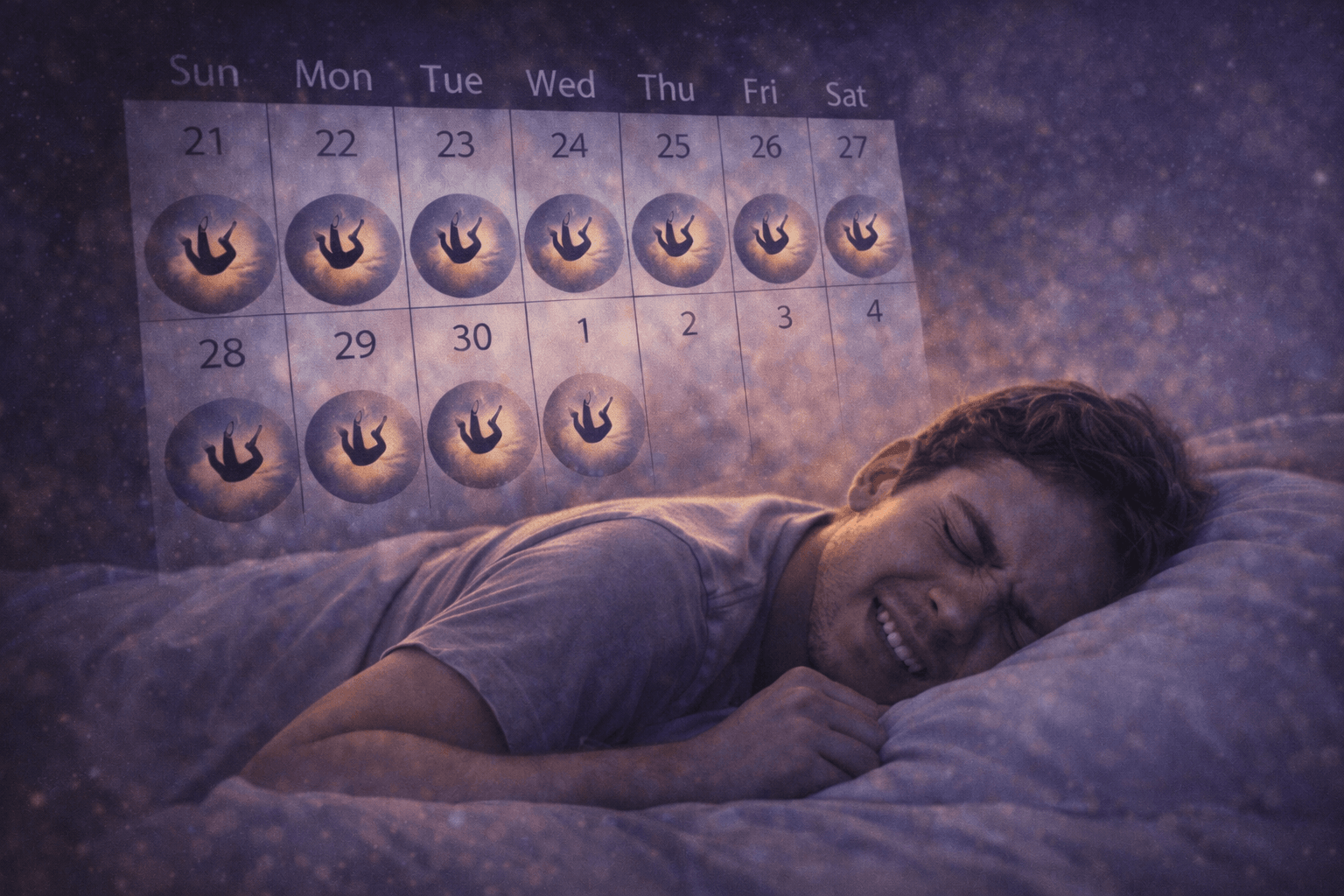
Dreams and mental health go hand in hand, affecting one another in a special way. Let’s explore how our dreams can impact our mental well-being and how we can make sense of this connection.
Understanding the Connection:
Dreams and mental health are like dance partners, always moving together. When our mental health is good, our dreams tend to be positive too. On the flip side, if we’re feeling stressed or anxious, our dreams might reflect those feelings.
Positive Dreams and Feeling Good:
Nice dreams can make us feel happy and inspired. They’re like a little break for our minds, bringing joy and creativity.
When we have positive dreams, it can make our everyday outlook more positive too. Feeling good in our dreams can help us handle tough stuff in real life.
Negative Dreams and Stress:
Not-so-nice dreams, like nightmares, can bring stress into our sleep. They might show us worries or fears we haven’t sorted out yet.
When we wake up from negative dreams, those emotions can stick around and affect how we feel during the day.
Dream Journaling for Better Understanding:
One way to make sense of our dreams is by keeping a dream journal. It’s like writing down a story from your night’s sleep. By looking at what we write, we can see patterns and figure out what might be bothering us. This helps us understand ourselves better and deal with things that might be stressing us out.
Using Dreams for Therapy:
Some experts use dream analysis to help with mental health. It’s like having a guide to understand what our dreams are telling us. This can be especially helpful when we’re working through tough emotions or experiences.
Dreams and mental health are like buddies, always influencing each other. By paying attention to our dreams and using tools like dream journals, we can unravel the connection between our nightly adventures and our mental well-being.
Understanding this link is like having a map to navigate our emotions and live a happier, more balanced life.





